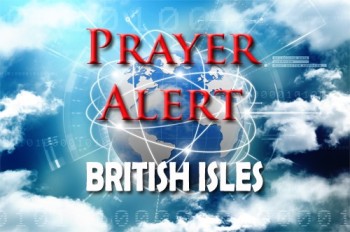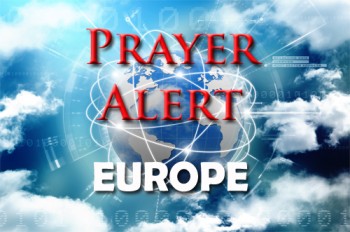Displaying items by tag: Republic of Ireland
Leo Varadkar: ‘I am no longer best man to be Irish PM’
Irish prime minister Leo Varadkar has announced his immediate resignation as Fine Gael party leader and will step down as Taoiseach once his successor is chosen. He led Ireland from 2017 and took pride in guiding the nation towards economic stability, equality, and modernisation. Varadkar noted his role in referendums legalising same-sex marriage and abortion and improvements in childcare, arts, and infrastructure. Citing personal and political reasons for his departure, Varadkar believes he is no longer the best fit for the role. His decision is not expected to trigger a general election, as the coalition government, including Fianna Fáil and the Green Party, remains committed to its term. Opposition leaders have called for a change in government. There are at least five contenders for the leadership of Fine Gael, with an 18-19 day selection process expected.
Republic of Ireland: move to higher Covid restrictions
The Taoiseach has said that despite introducing what was probably ‘Europe's strictest regime’ it was not enough to reduce levels of infection significantly. So for the next six weeks people must stay at home. Those who can work from home must do so. People can meet outdoors with one other household. No social or family gatherings are allowed in homes or gardens. Pray for peace of mind to replace loneliness. Caring and compassionate visits can continue. Those living alone or parenting alone will be able to pair with another household as part of a ‘support bubble’. People may stay away from home for exercise within a 5km limit. Non-essential shops and all hairdressers must close, and bars and restaurants are limited to takeaway services. Pray for safe social distancing, and for optimism for the future to replace anxiety. Pray also for small businesses on the edge of bankruptcy as they plan for a bleak financial future.
Ireland: Pope begs forgiveness for sex abuse
Pope Francis visited Ireland on 25 and 26 August and begged forgiveness for clerical child sex abuse. He said no-one could fail to be moved by stories of those who ‘suffered abuse, were robbed of their innocence, and left scarred by painful memories’. In a speech at Dublin Castle, the Pope expressed his shame at the Catholic Church's failure to address adequately the ‘repellent crimes’ of sex abuse by clergy. He later met eight survivors of sexual abuse, telling them that he viewed clerical sex abuse as ‘filth’. Since the last Papal visit Ireland has ‘modernised’ laws on abortion, contraception, divorce and same-sex marriage. Pray for the church to move on, even stronger, now that past sins are repented of.
Ireland's abortion referendum
Ireland goes to the polls on 25 May to vote in a referendum that could end the country’s ban on abortion. Voters will be asked if they want to repeal the eighth amendment of the country’s constitution, which recognises the equal right to life of both mother and unborn child, effectively banning terminations. This amendment has been in place since 1983, and the campaign to repeal it has rapidly picked up steam in recent years. If the amendment is repealed, it will allow the Irish government to legislate on abortion as they see fit, most likely allowing it up to twelve weeks. The two biggest parties in the country, Fine Gael and Fianna Fail, are allowing members to take a free position on the issue, while Sinn Fein and Labour are officially backing a Yes vote. The eighth amendment is spearheaded by women, who now want to involve men to achieve a reform.
Ireland: referendum on legalising abortion
The overwhelmingly Catholic Republic of Ireland will hold a referendum on 25 May on whether or not to alter its constitution to legalise abortion. The move follows the recent Irish Senate vote in favour of holding the poll by a wide margin. Last year prime minister Leo Varadkar won leadership of the governing centre-right Fine Gael party after campaigning on same-sex marriage and liberalising abortion laws.
Ireland post-Brexit border proposals
The UK Government has said it does not want any border posts between Northern Ireland and the Republic of Ireland after Brexit. Northern Ireland secretary James Brokenshire insists the proposals are realistic because of the trade involved for all sides. The UK stresses there should be no physical infrastructure, such as customs posts, at the border, which has almost 300 crossing points. Instead, the Government is arguing for a wide-ranging exemption under which small- and medium-sized businesses will not have to comply with any new customs tariffs. If the proposals are accepted, customs officials envisage using a mix of technology and physical checks to monitor the compliance of bigger businesses engaged in international trade. Critics are concerned that an open border might prove to be a ‘back door’ for EU citizens who wish to enter the UK without proper checks.





